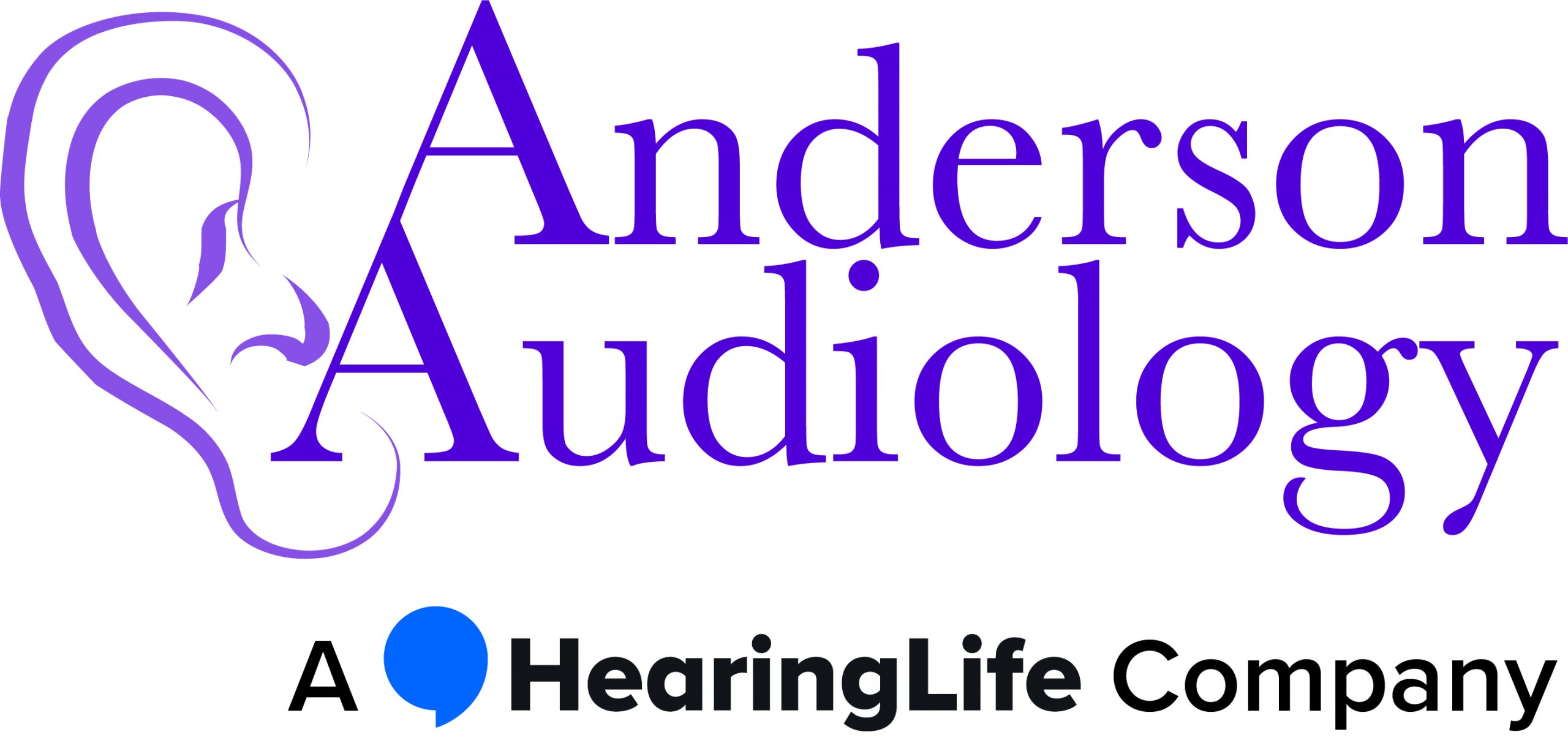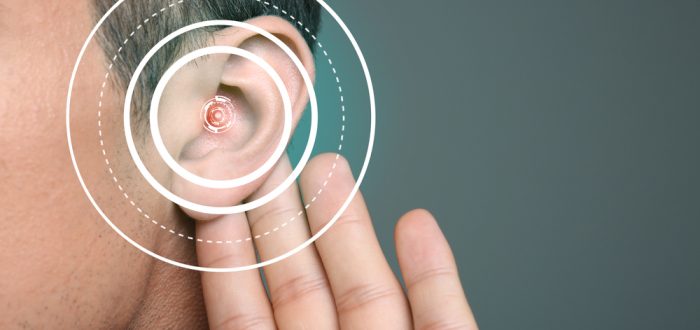Close to 40 million Americans aged 18 and over experience hearing loss. Hearing loss often progresses slowly over time. That can make it more difficult to notice. In fact, it’s often your closest friends and family members who may notice changes to your hearing.
Annual hearing assessments are an important way to look after your hearing health. But did you know that an annual hearing assessment could actually do much more than that? We’re taking a look at 4 health issues a hearing assessment may be able to detect.
4 Health Issues a Hearing Assessment May Detect
If your hearing loss isn’t serious, it can be all too easy to put off seeing a hearing specialist. Unless it’s impacting our day-to-day lives, like may happen with tinnitus, we see no need to book that appointment.
If there’s one thing that we’re increasingly learning, it’s just how sophisticated our bodies truly are. Our systems are delicately connected. Often, a problem in one area of our body may point to an underlying health condition.
Our ears, as remarkable as they are, are actually quite delicate. They rely on a complex system of nerves and blood vessels. That means changes to our ears, or our hearing, can actually indicate an underlying medical problem. Here are X health issues a hearing assessment may help detect.
Circulatory & Heart Problems
Many of us are aware that issues with our circulation can lead to issues with our hearts. High cholesterol and high blood pressure can lead to blood clots, heart attacks, strokes, and more.
Early intervention in circulatory problems reduces the chances of serious complications. A hearing assessment could actually help to identify possible blood flow issues. This could potentially be identified long before any serious complications arise.
Our ears rely on a continual supply of oxygen rich blood to keep working. However, our inner ear only has one blood vessel that supplies all of the necessary oxygen and nutrients. This makes it susceptible to damage. Hearing loss could be an indication of damage to this delicate blood vessel.
Unmanaged Diabetes
An estimated 30 million Americans have diabetes according to the CDC. Up to 90% of these people have type 2 diabetes. When left unmanaged, complications from diabetes can be serious.
Hearing loss is a potential complication of unmanaged diabetes. Adults with diabetes are twice as likely to experience hearing loss, according to the National Institutes of Health (NIH).
The exact link between hearing loss and diabetes is not yet understood. However, it is clear that hearing loss is a potential complication of unmanaged diabetes.
Otosclerosis
Otosclerosis is a common cause of hearing loss experienced by young adults. Otosclerosis affects the structures in your ear that deal with sound. It is a condition characterized by abnormal bone growth in your middle ear.
Once the bones are hardened, they are unable to vibrate. This prevents the conduction of sound, which is important for our ability to hear. A hearing assessment can help identify otosclerosis.
Ototoxic Medication
Substances that are poisonous to the ear are known as ototoxic. Certain medications are known to be ototoxic, and may affect your ability to hear. For more information about ototoxic hearing loss, click here.
Staying on top of our annual hearing assessments can help look after your overall physical health. If you’re due an appointment, please get in touch with the hearing specialists at Anderson Audiology. Call us on 702-997-2964 or click here to request an appointment online.

